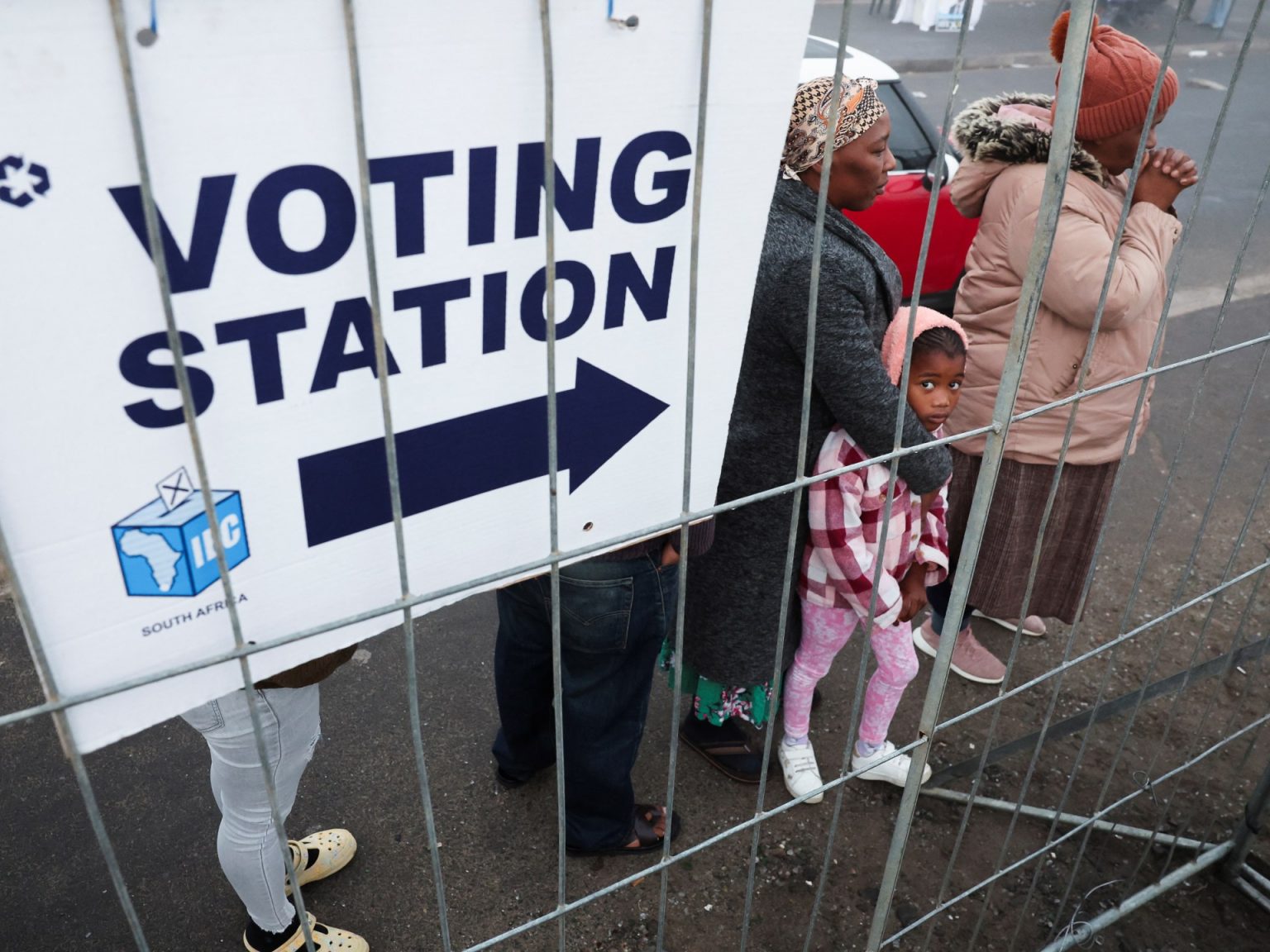In the lead-up to the May 29 elections in South Africa, the ruling African National Congress (ANC) attempted to showcase the country’s socioeconomic progress over the past 30 years in hopes of regaining the favour of an increasingly disillusioned electorate. President Cyril Ramaphosa highlighted these advancements through the story of “Tintswalo,” a fictional Black woman who symbolized the progress made under the ANC’s leadership. Despite some South Africans experiencing improved living conditions and opportunities, the ANC only received 40.18 percent of the votes in the election, requiring them to form a coalition government.
The ANC’s election setback was largely attributed to widespread discontent among voters regarding issues such as crime, unemployment, poor service delivery, and corruption within the government. Many South Africans were tired of being told to be grateful for marginal improvements while facing ongoing challenges. The ANC had promised to combat corruption and improve public services in the past but failed to deliver on these commitments, leading voters to support the opposition parties instead.
The ANC has faced numerous corruption scandals, including the State Capture Report, which implicated high-profile party members in corrupt dealings. Despite these revelations, there has been little accountability or meaningful change within the party. Corruption allegations have also affected top ANC officials, including Deputy President Paul Mashatile and President Cyril Ramaphosa, further eroding public trust in the party’s leadership.
Public services in South Africa have deteriorated in recent years, reversing many of the early achievements made by the ANC after the end of apartheid. Infrastructure such as water supply, energy, and transport networks have suffered due to neglect, lack of maintenance, and corruption. This has led to water shortages, electricity cuts, and a crumbling railway system, hindering economic growth and exacerbating unemployment issues.
The ANC’s resistance to addressing corruption and the declining delivery of public services has alienated many South African voters. The party’s failure to remove officials implicated in corruption scandals from its ranks demonstrates a lack of commitment to transparency and accountability. The ANC’s leadership, once revered as freedom fighters, is now struggling to meet the demands of a populace that prioritizes effective governance and service delivery.
As South Africans demand more from their government, the ANC faces a political crisis as it grapples with declining support and a growing disconnect between its leaders and the people. The party’s failure to adapt to the changing needs of society has resulted in a loss of trust and support among voters, signaling a need for significant reform within the ANC to address corruption, improve public services, and regain the confidence of the electorate.












